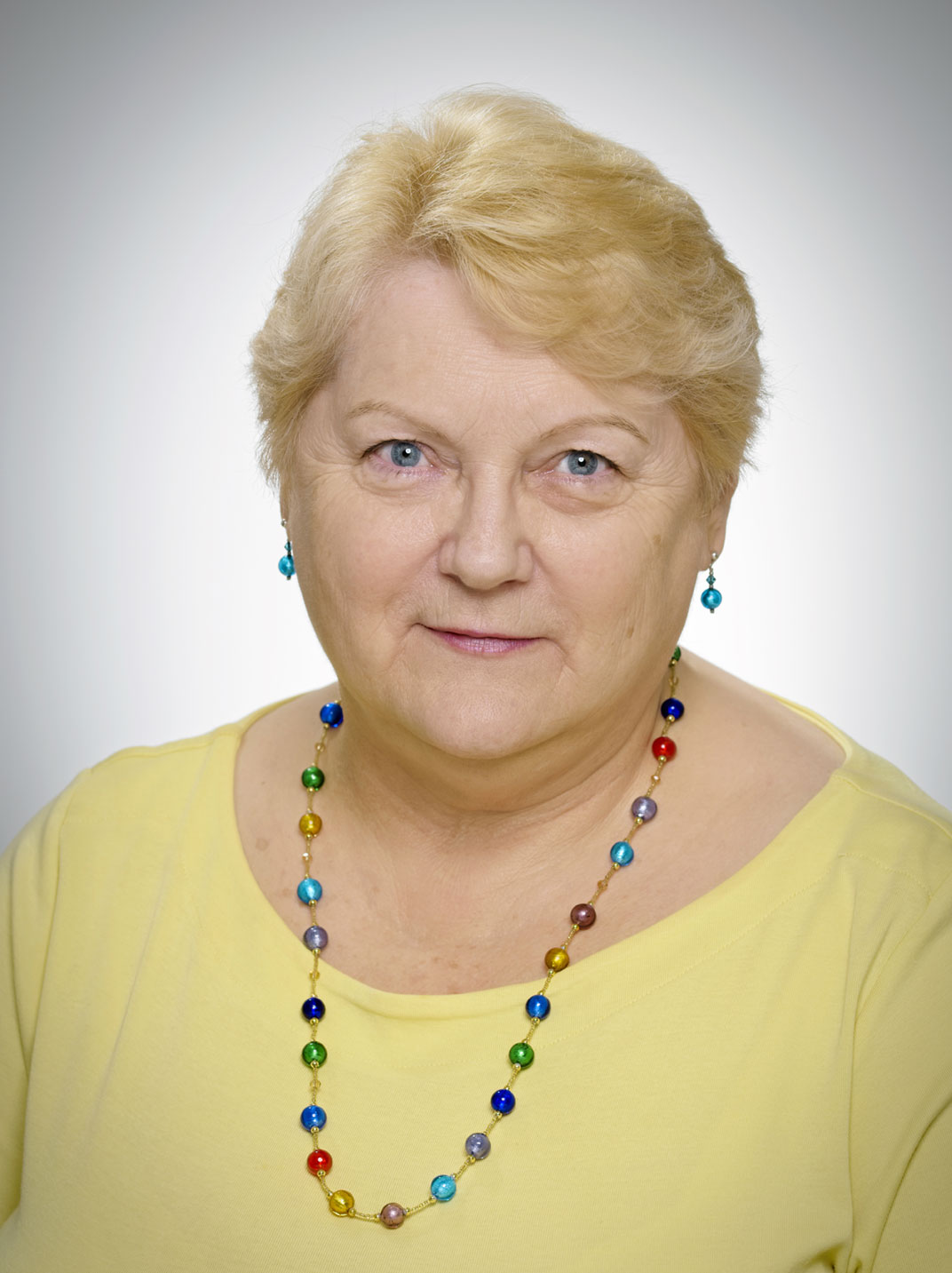This year, in collaboration with Fiona Gregory, we are launching an exciting series of person-centred events related to working with trauma (Scroll down to read more about upcoming events in this conference series) ⬇️
Fiona has invited Jan Hawkins to share her views on the sometimes debated, but fundamental principle of ‘necessary and sufficient’.
It is an invitation to re-examine any ‘rules’ of engagement as person-centred therapists, to explore what the terms ‘necessary and sufficient’ mean for each and how they have been taught.
In the presenter’s experience, many trainees and even experienced therapists, fear developing their own unique and creative therapeutic selves as they have been taught that there is a set of rules to be followed which include the phrase ‘the core conditions are both necessary and sufficient…….’ and this has stifled their development such that they feel the only way to be effective with trauma is to train in other more technique-based traditions.
This person-centred therapist prefers to think of the ‘core conditions’ as the ’core attitudinal qualities’ which are ever evolving as we as therapists evolve. That we learn, we deepen and we continue to become, throughout our careers. That these core attitudinal qualities are therefore both necessary and sufficient for growth and change in the client because we are continuing to grow, change and learn ourselves. If we think that what we learned in our first person-centred course, which usually did not include any training on trauma, is the only way to work, then naturally the idea that other training and techniques to add on, are needed to work with trauma, abound – both with person-centred therapists, and those outside the tradition who do not understand its potency.
Learning Objective Participants Can Expect From This Event
- To re reflect on the terms ‘necessary and sufficient’ in the context of working with clients who are living with the effects of trauma
- To challenge any rigid or pre-set ideas about what a person-centred way of being can be
- To bore down into what ‘necessary and sufficient’ really mean in the context of trauma – do we arrive at these qualities and never have to learn anything more?
Who is This Workshop Appropriate For?
- Therapists, trainees, anyone involved in the caring professions who works in a Person-Centred way and seeks to develop their way of being throughout their career
How May This Workshop Impact Your Practice?
- A re-examination of what necessary and sufficient means to each person-centred practitioner, and particularly through the lens of trauma related work.
Course Content
Presenter

Jan Hawkins has a background in psychology, teaching and training in the PCA. Since 1991, she has been in private practice as a Person-Centred therapist, supervisor, group facilitator and trainer. Jan ran groups for Survivors of childhood abuse during the early nineties, controversially offering groups with women and men together, and for those who had experienced any type of abuse. Many students and supervisees reported their difficulties in locating good, practical and developmental training for practitioners focussing on the issues raised by a history of childhood abuse. In response to this expressed need in 1994 Jan created, and co-facilitated, a Diploma course in Counselling Survivors of Childhood Abuse, the first initiative of its kind in Europe. Since then, through FDP, Jan has continued to run post counselling training Diploma courses and study days with a conviction that experiential learning is imperative for the continued development and deepening of the core attitudinal qualities of the Person-Centred practitioner. She has been particularly keen to encourage Person-Centred therapists to extend their practice to people with learning disabilities, many of whom suffer silently from their legacies of childhood abuse.


